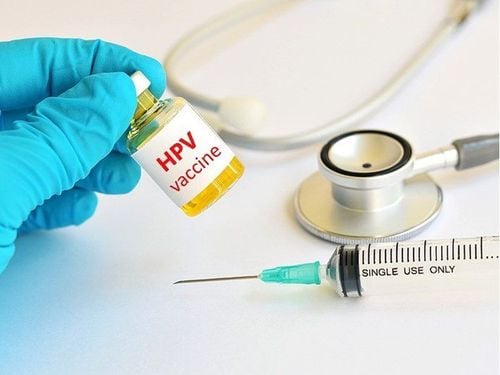The World Health Organization (WHO) has approved the use of Cecolin®, a human papillomavirus (HPV) vaccine, in a single-dose schedule, marking a major step forward in cervical cancer prevention efforts globally.
In a statement released on Friday, WHO said the approval is based on new data that meets its 2022 recommendations for the off-label use of HPV vaccines in single doses. This decision is expected to significantly improve the sustainable supply of HPV vaccines, enabling more girls to receive protection against cervical cancer.
Dr. Tedros Ghebreyesus, WHO Director-General, emphasized the importance of this approval. “By adding another option for a one-dose HPV vaccination schedule, we have taken another step closer to consigning cervical cancer to history,” he said.
Cervical cancer, primarily caused by HPV, results in more than 95% of the 660,000 cases reported annually. WHO data shows that every two minutes, a woman dies from cervical cancer, with 90% of these deaths occurring in low- and middle-income countries, particularly in Africa.
Dr. Kate O’Brien, Director of WHO’s Department of Immunization, Vaccines, and Biologicals, highlighted that the single-dose vaccine option provides countries greater flexibility to combat supply shortages. “This addition of single-dose vaccines means countries will have greater choice of vaccines to reach more girls,” she said.
The approval comes amid global supply challenges, which have hampered HPV vaccine rollouts since 2018. However, the introduction of Cecolin® and the recent prequalification of another vaccine, Walrinvax®, are expected to enhance availability and increase coverage.
WHO estimates that the adoption of the single-dose schedule has already helped reach 6 million more girls with the HPV vaccine in 2023, with 57 countries now implementing the one-dose schedule.
Efforts to eliminate cervical cancer are further supported by substantial funding commitments from global partners, including $180 million from the Bill & Melinda Gates Foundation and $400 million from the World Bank.
These initiatives are crucial to achieving WHO’s goal of having 90% of girls fully vaccinated against HPV by the age of 15, accelerating the global fight against cervical cancer.


